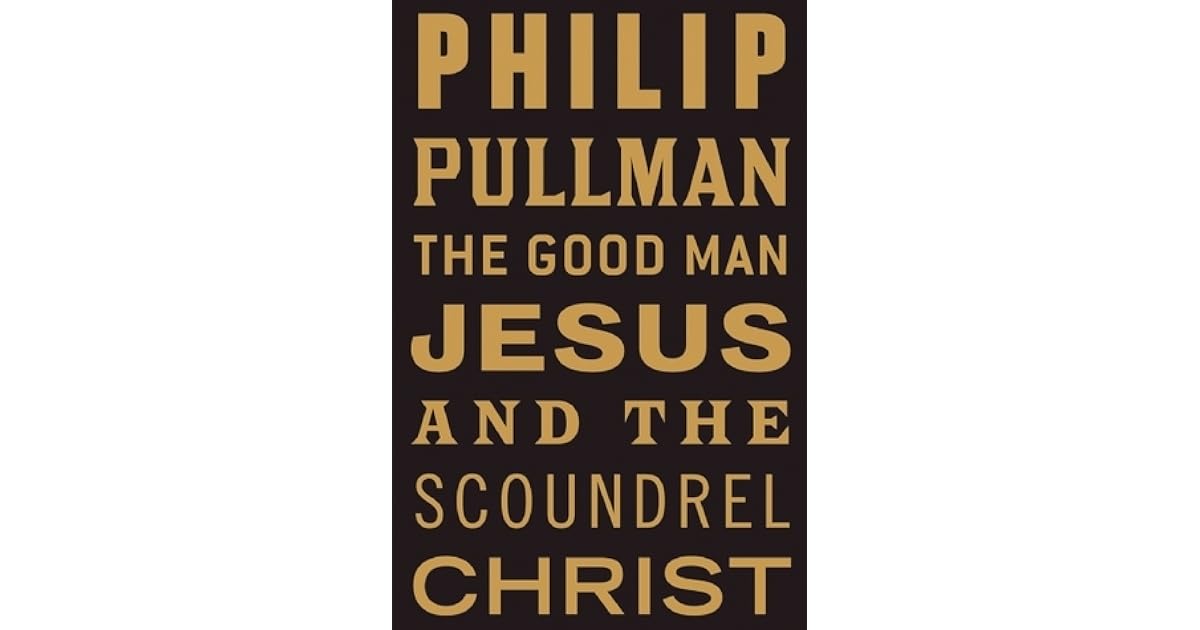
Despite the evident logic, this quickly becomes irritating while biblical tales are often read and examined in isolation, allowing for such a style, most will read The Good Man Jesus and the Scoundrel Christ like any other novel, and thus the pedestrian prose creates an obstacle to one’s enjoyment of the book.

The book is written in the style of the gospels, with very short chapters and a sparse narrative. Although he denies Jesus his divinity it should be noted that Pullman’s anger is directed at the church, not Jesus, who he paints as an enigmatic humanist, averse to religious structure but still deeply spiritual. Interestingly, although Pullman downplays Jesus’s miracles, treating them as psychological or conjuring tricks, there is an acknowledgement of the supernatural throughout, a hint of something beyond this world. Beyond this context, the novel is an exploration of how stories and myths are created, and how history is recorded. Pullman keeps the brothers apart for much of the novel, never allowing their conflicting ideologies to collide, perhaps symbolic of the divide between spirituality and the church. Thus Christ’s record of his brother’s life slowly becomes distorted, a metaphor for organised religion’s massaging of truth and a literal example of Christian revisionism.

The Christ character is dogged throughout by visits from a mysterious stranger who encourages him to record Jesus’s life, but stresses that history should be shaped to convey an ideal truth rather than a literal one. Under this premise, the novel goes on to describe well-known stories from the bible with small twists Jesus playing the central role, and Christ chronicling his brother’s good work from a distance. The most significant deviance from the original text is the suggestion that Mary, rather than mothering one child, in fact gave birth to twins: the lively and popular Jesus, and the weak but scholarly Christ.

Drawing mainly on the gospels of Mark and Matthew, the novel weaves biblical stories with the author’s own fantasy and invention to make a statement about spirituality and organised religion. The Good Man Jesus and the Scoundrel Christ (2010) is Philip Pullman’s creative reimagining of Jesus’s life.


 0 kommentar(er)
0 kommentar(er)
